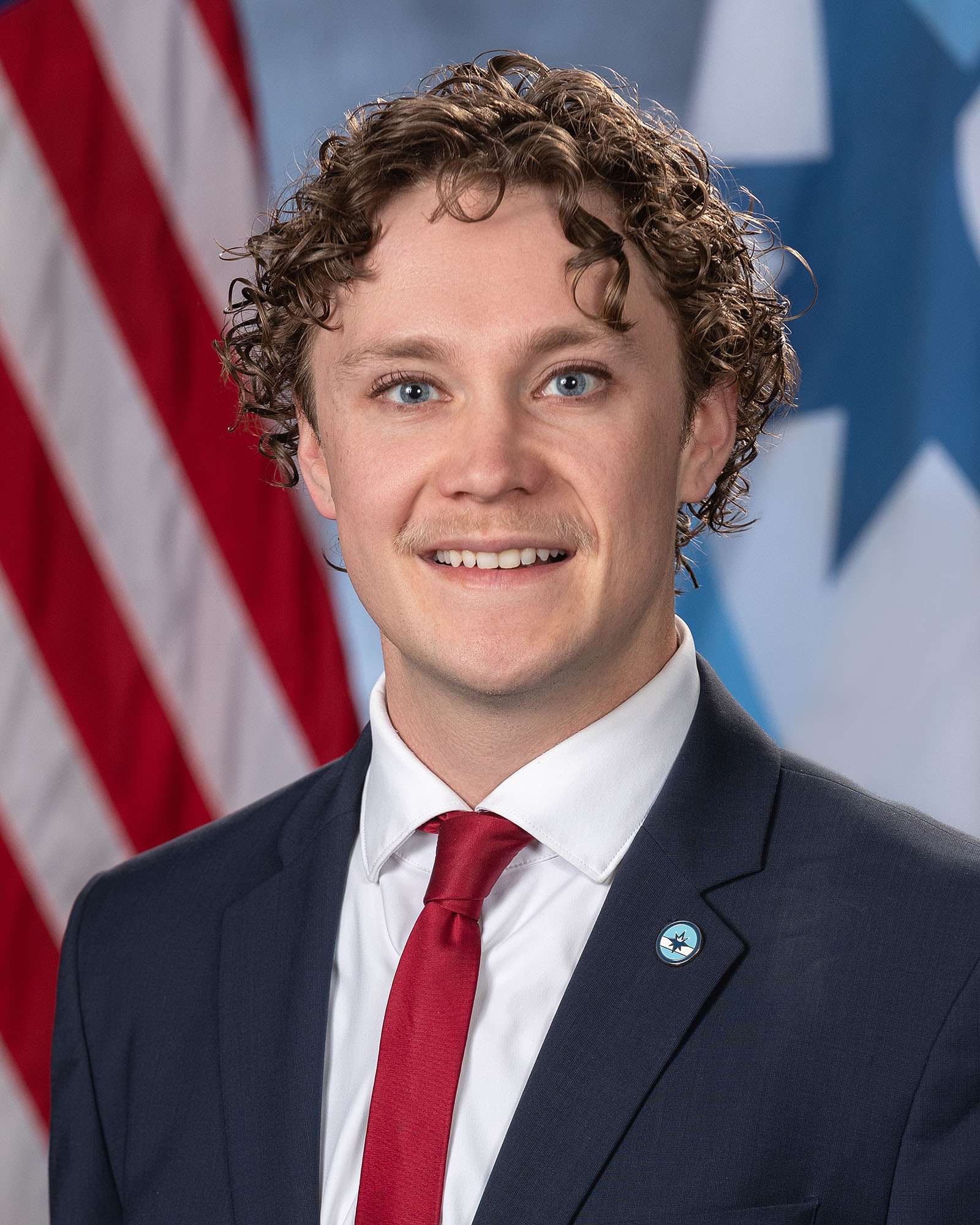Springfield voters overwhelmingly approved an additional 3-percent tax on recreational marijuana sales on Aug. 8. The revenues will have four uses, which were spelled out in the ballot language.
Recreational cannabis consumers have yet to feel the taxes’ impact, and the Springfield City Council is set to discuss exactly how the funds will be allocated in four voter-approved areas.
After the City Council certified the election results at its Aug. 21 meeting, the City of Springfield submitted them to the Missouri Department of Revenue. The 3-percent tax is set to go into effect on Jan. 1, 2024.
Even further away still is the City Council’s discussion on allocation of the revenues collected, which will likely not be remitted to the city from the state until a couple of months after the tax goes into effect.
Upcoming workshops will help decide
In April, city government staff will hold budget meetings with the City Council, during which they will discuss how to allocate revenues from the new marijuana sales tax. Until the new budget is adopted for the city’s fiscal year, which runs from July 1 to June 30, sales tax remittances from the state will sit in a special revenue fund, according to the city’s director of finance, David Holtmann.
If the City Council wishes to get the money rolling into the four voter-approved uses — public safety, substance abuse services, housing and mental health services — sooner, a budget adjustment could be made before July 1, 2024.
While the ballot language requires the revenue to be spent within the aforementioned areas, it doesn’t specify that all of them be funded, or at what percentages they will be funded.
“It was done that way by design,” Holtmann said, “so that Council could get the most benefit from whatever they thought the greatest need was in those areas.”
Ultimately, the council chose to not put percentages on how much of the revenue would go toward any of the approved uses, to allow the flexibility for funding projects as needed.
“If they want to work in one area first, whatever their highest priority is, they can choose to do so,” Holtmann said.

Additionally, if the City Council decided to change how money much is being allocated for one or all of those four uses in the middle of a fiscal year, it would be able to direct city government staff to do so, without necessarily requiring a budget adjustment.
In a previous discussion by the City Council in weighing its decision to put the marijuana tax on the ballot, several council members expressed what they would like to see funded by the revenue, and by how much.
Holtmann’s department estimates that about $1.8 million in revenue will be collected in the first year of the tax. However, that figure is based on the collection of medical marijuana sales tax, according to Holtmann, and recreational marijuana sales are greater than medical marijuana sales.
In July 2023, there were $24.5 million in medical marijuana sales in Missouri and $98.7 million in recreational sales, according to the Missouri Department of Health and Senior Services.
The time between when the city first begins collecting the sales tax on recreational marijuana and the City Council’s decisions on how to allocate the money will give the financial officers an opportunity to adjust its estimate.
“We'll have at least a couple of months of sales tax data at that point and hopefully be able to make a better projection for them for what the upcoming year will be,” Holtmann said.
Voter-approved uses are “intertwined”
While council members have different priorities for how they would like to see the tax revenue spent, Councilmember Craig Hosmer thinks each of the four voter-approved uses are ultimately “intertwined,” and that an investment in one area can be an investment in all of them.

“I don't think we should look at it in a silo and say, ‘mental health is different than drug and alcohol problems are different than the law enforcement are different from homelessness,’” Hosmer said. “ I think they're all sort of interrelated and I think we have to look at it in a more holistic way and try to get the resources that we need either with these dollars or with state or federal dollars to help with the problems Springfield seems to have.”
Councilmember Brandon Jenson concurred, and said that the impact in all four areas would be considered during discussions on how to allocate the revenues.
“I mean, the reason these four topics were all identified is because they are all interconnected issues in some way or another,” Jenson said. “And so whenever we tackle one, I would imagine that it will help with at least one of the other topics.”
Nonetheless, Jenson continues to emphasize the need for housing to be a “priority recipient of funding.” In a previous City Council discussion, Jenson advocated for the ballot language to allocate 50 percent of tax revenues to housing. While that — or percentages on any of the uses — didn’t end up being included in the ballot language.
“For better or worse, the language was, I mean, those are pretty broad topics for housing, substance abuse, public safety and mental health,” Jenson said. “So I think it's helpful that it can allow us to be really expansive in what we consider and obviously that was sufficient enough for voters to support the measure passing.”

Hosmer also advocated for percentages, but that he now thinks that the lack of specific percentages gives the council some necessary flexibility.
Jenson said he intends to work with organizations in Springfield that are already actively involved in the housing sphere in order to best know how funds can be best used to get the “biggest bang for the taxpayers’ buck.”
Councilmember Monica Horton has also strongly supported ensuring revenues are allocated for housing, making several suggestions in an opinion piece pushing a “yes” vote ahead of the Aug. 8 election.
Jenson said the tax will provide them the opportunity to fund “longer-lasting and more impactful programs.”
“It's not often that we have an entirely new revenue source that is established as an ongoing source of revenue,” he said.
Hosmer is equally hopeful that the City Council effectively uses the funds to solve problems, rather than just “shuffling things.”
“I think we need to make sure these are added resources to those areas and don't just replace other money that we take and move somewhere else because I really do think that we're spending a lot of money, a lot of taxpayer dollars dealing with these issues, and we're not really dealing with the core problems,” Hosmer said.

